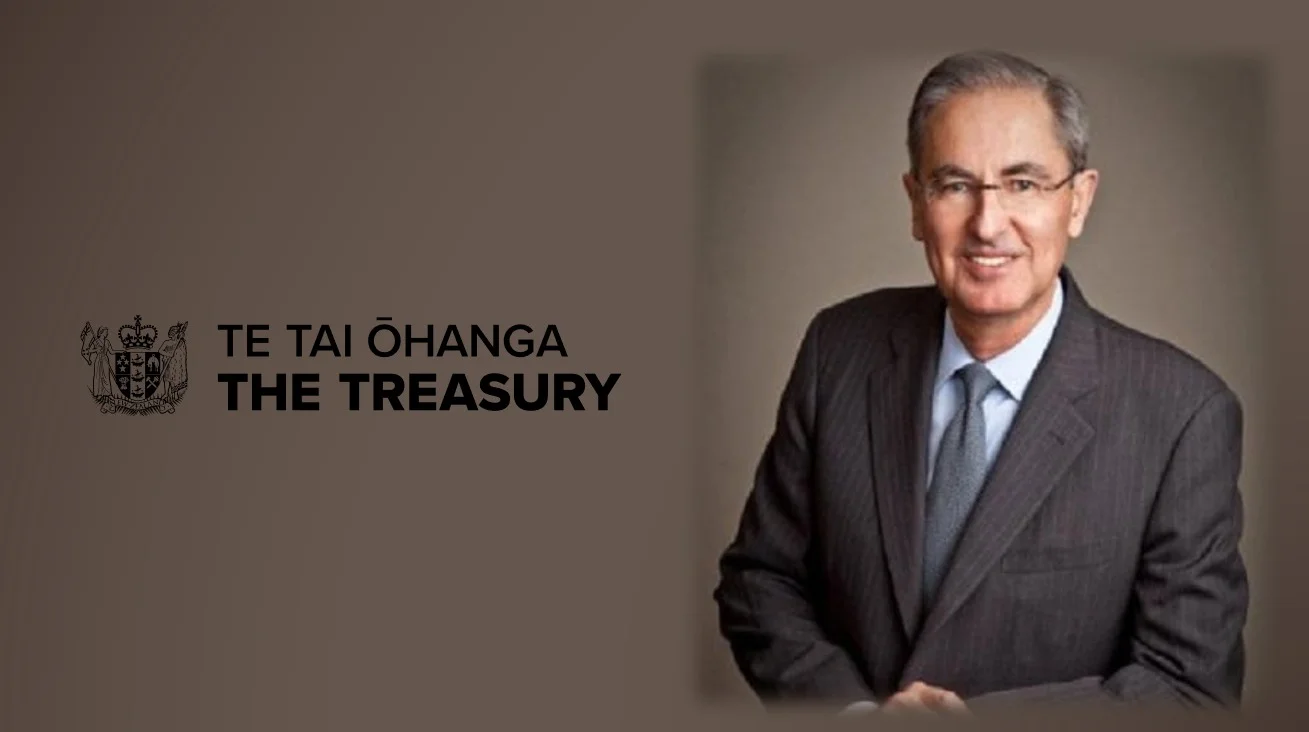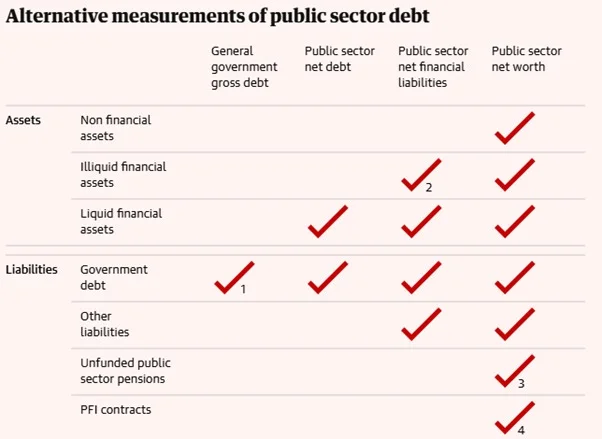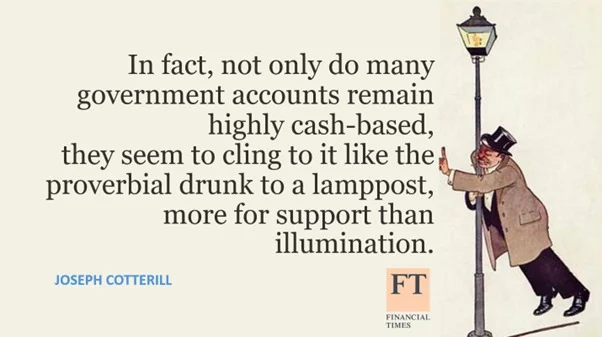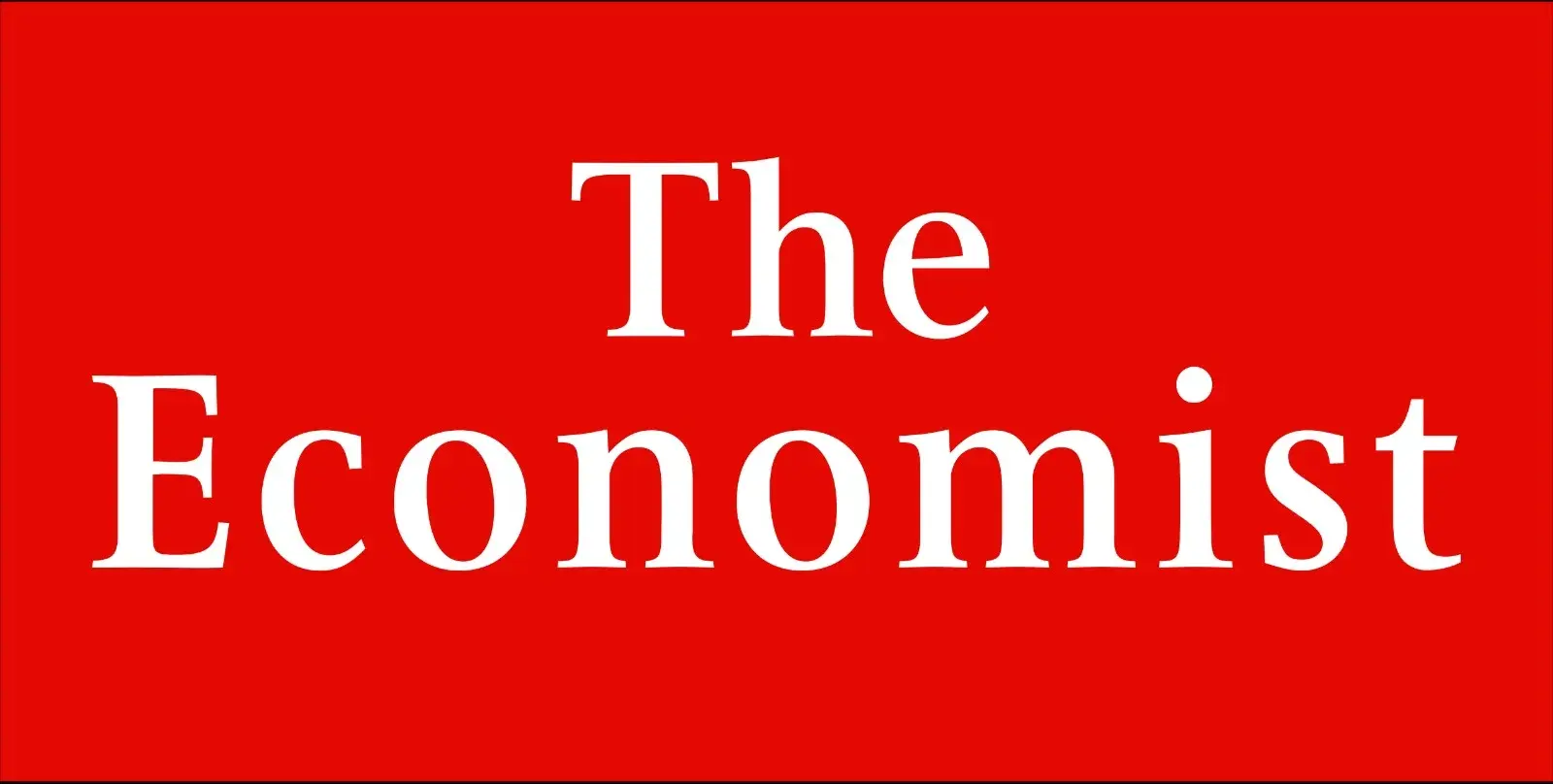
Author: Dag Detter
The threats posed by today’s geopolitical and demographic shifts call for a fundamental transformation in public-finances management. Instead of focusing exclusively on debt reduction and tax hikes, European and US policymakers should leverage the value of public-sector assets to generate new revenue streams.

Authors: Dag Detter & John Crompton
The UK Government’s long-term rejection of proposals to invest to fund future expenditure is rooted in a strange combination of a simplistic approach to managing public finances, and an esoteric theory about its own financial power.

Author: Ian Ball
A drunken prime minister calling a snap election in the middle of the night, a constitutional crisis, and a 20% currency devaluation – 1984 New Zealand was in a difficult spot. Confronted with a languishing economic outlook, a newly elected 1984 Labour government set about enacting a series of reforms.

Authors: Ian Ball, John Crompton, & Dag Detter
A more professional approach to managing our public wealth could generate trillions of dollars in non-tax revenue worldwide. Even in the US, it could contribute multiple percent of GDP in non-tax revenues. Managing wealth is not rocket science; it is done daily in the private sector. What is often overlooked is that the government functions as the largest wealth manager in any country, including in the US. And just as a company or household would examine its balance sheet when looking to improve its wealth, so too should a government…

Author: Dag Detter
For New Yorkers squeezed by a cost of living crisis, finding an affordable place to call home is a principle concern. This holds true, not only for young people, but for everyone from the least advantaged to the middle class. Housing inequality may well be the most significant contributor to rising economic inequality in the city. Many New Yorkers believe that politicians are insufficiently addressing the scale of the housing crisis…

Authors: Ian Ball & Dag Detter
Governments worldwide own more assets than ever before. The total value is larger than all global capital markets combined. Most likely, it is equivalent to three times the global GDP, according to estimates from the IMF. Half of this, or one and a half times GDP, are commercial assets such as real estate and government-owned corporations. But unlike listed equity assets, public wealth is largely unaudited, unsupervised, and often unregulated. Even worse, it is almost entirely unaccounted for. When developing their budgets, most governments largely ignore the assets they own and the value those assets could generate.

Author: Aiden Singh
In part one of my conservation with Dag Detter, we discussed his experience leading the 1998-2001 restructuring of the $70 billion portfolio of Swedish government-owned commercial assets. This article covers part two our conversation during which we discussed the lessons offered by the Swedish experience, and those of other countries, for how governments can make the best use of their public commercial assets.

Author: Richard Partington
Rachel Reeves will this week change the way the UK government’s debt rules are calculated to unlock billions of pounds in additional headroom for spending on long-term infrastructure projects. In what could be the most radical step in Labour’s first budget since 2010, the chancellor confirmed the decision while at the International Monetary Fund’s annual meeting in Washington DC last week, aiming to soothe any jitters in the bond markets by announcing it in front of the global economic establishment.

Authors: Simon Nixon

Authors: Joseph Cotterill
Here’s a distinction you tend not to see on the front pages of the sovereign crisis… Cash-based sovereign accounting: recognising a cost only when cash changes hands. Accrual-based: recognising a cost when it’s incurred in the first place. As you might guess, accruals measurements can tell you about long-term and contingent liabilities which may not show up on a cash-flow statement. In other words, in a crisis of weak balance sheets – does your government know what its balance sheet even looks like?..

Author: Patience Wheatcroft
Mr Micawber’s teaching about living within one’s income seems deeply imprinted on Rachel Reeves’s heart. The chancellor can have left no one in any doubt about her abhorrence of her predecessors’ profligacy, and her determination to clamp down on spending. Businesses know that cashflow is crucial. But a glance at the profit and loss account does not give a proper picture of a company’s financial state, and neither does it provide an accurate measure of a country’s strength. The balance sheet provides the measure of what an organisation really amounts to and is the gauge of how resilient a business could be in times of stress…

Author: Simon Nixon
If focusing on net worth is such a good idea, why are governments not doing it already? Why do politicians cling to obviously flawed fiscal rules? My answer to a reasonable question from readers…

Author: John Crompton
I am delighted to publish this guest post by John Crompton on how to fix Britain’s public finances following Rachel Reeves’s revelation of a £22 billion black hole in the accounts. John is a former Treasury official and investment banker as well as a co-author of Public Net Worth, published earlier this y…

Author: Simon Nixon
What caught my eye this week including volatile stocks, Britain’s black hole, how to defeat the far right, the trouble with Elon Musk, busting Google’s monopoly and France after the Olympics

Author: John Richard Edwards
If focusing on net worth is such a good idea, why are governments not doing it already? Why do politicians cling to obviously flawed fiscal rules? My answer to a reasonable question from readers…
The publication of the ‘Public Wealth of Nations’ in 2015 inspired the first study on public wealth by the International Monetary Fund – The IMF Fiscal Monitor on Managing Public Wealth in October 2018.
In this report, the IMF estimates global public assets to be worth twice the value of global GDP and able to generate non-tax revenues of 3 per cent of GDP annually.. However, this does not include real estate, which is not accounted for in most public accounts. Public real estate alone is estimated to be worth one-time GDP. Public commercial assets are estimated to be worth three times GDP globally.
IMF work published in August 2019 and in May 2021 clearly shows that governments with stronger net worth (assets minus liabilities) recover faster from recessions and have lower borrowing costs.
Following the publication of our book ‘Public Net Worth’ in 2023, the IMF published research to support the concept of Public Net Worth compared to traditional debt-based anchors. The IMF research shows that a Public Net Worth anchor is more conducive to public investment and economic growth while providing for sensible policy reactions to changes in long-term interest rates. The net worth anchor also precludes unsustainable debt dynamics. Simulated transition dynamics show that replacing a debt anchor with a net worth anchor does not necessarily lead to higher debt-to-GDP ratios.
The arguments for managing assets and liabilities are compelling, not only from a debt sustainability perspective, but even more so due to the fiscal challenges posed by our demographic changes.


